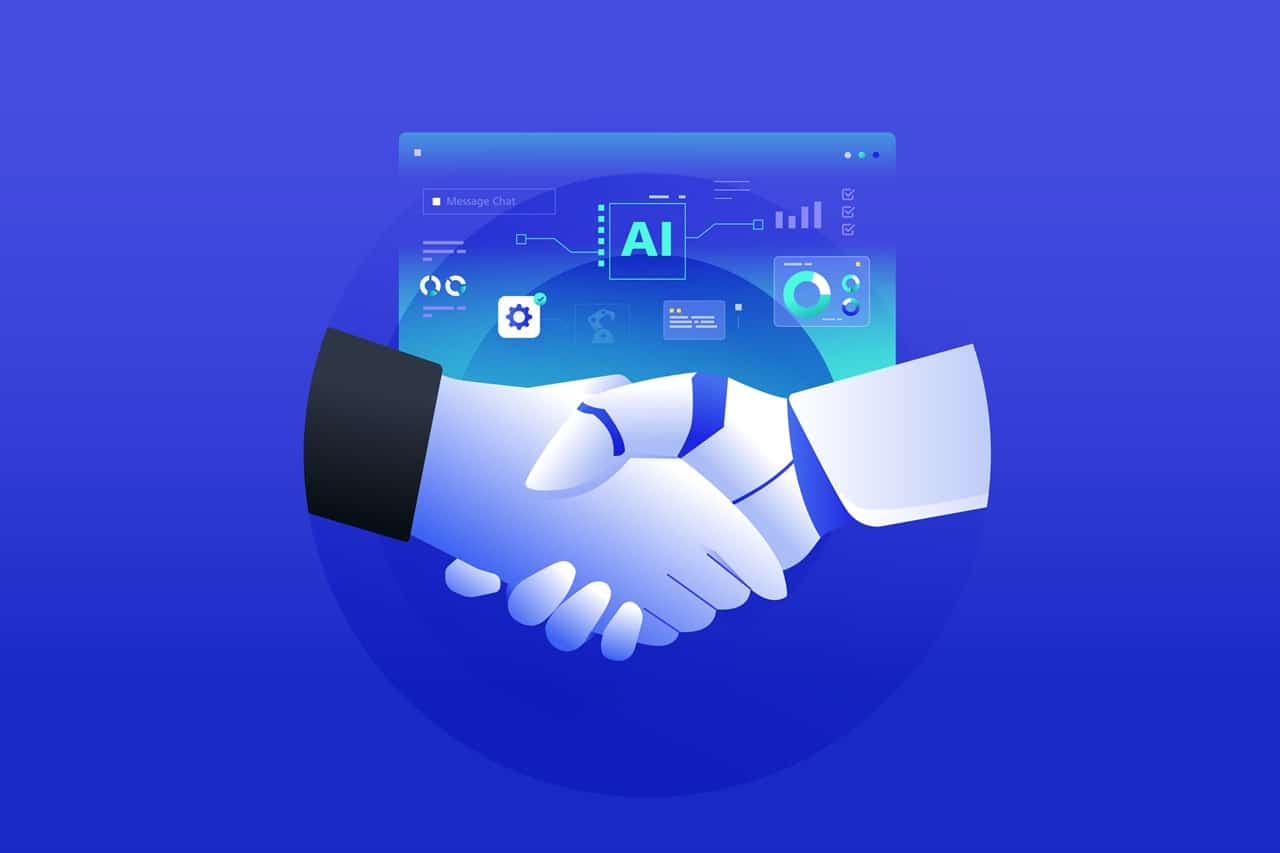Agentic AI: Shaping the Future of Technology in 2025
Agentic AI, a groundbreaking technology that enables autonomous decision-making with minimal human intervention, is set to redefine industries in 2025. These intelligent systems go beyond traditional AI tools, independently adapting, planning, and solving complex multi-step problems. With the ability to make decisions in real-time and execute tasks autonomously, Agentic AI is poised to enhance automation, accountability, and operational workflows across sectors.
The Rise of Agentic AI
Agentic AI emerged as a mainstream technology in 2024, and its influence is expected to expand significantly in 2025. From transforming business operations to revolutionizing customer interactions, experts foresee its integration into various industries. According to industry leaders, the technology will bring about a paradigm shift in how organizations automate processes, manage workflows, and ensure accountability in AI-driven decisions.
Operational Transformation Through Intelligent Automation
Ritika Gunnar, General Manager of Data and AI at IBM, highlights that Agentic AI marks a fundamental shift from supportive AI tools to proactive, autonomous agents. This evolution raises important questions about accountability and governance. Companies will need to establish robust guardrails and governance frameworks to ensure trust in these autonomous systems. Additionally, the need to upskill employees will become critical, enabling them to develop and oversee such advanced technologies responsibly.
Jill Goldstein, Global Managing Partner at IBM Consulting, emphasizes that Agentic AI will change how employees work by automating specialized tasks. Unlike traditional AI assistants, these agents can plan and perform tasks independently, collaborating with other agents to handle complex requests. Organizations will need to adapt their workflows and create new team structures that integrate humans and AI agents seamlessly.
Enhanced Efficiency and Decision-Making
Charles Crouchman, Chief Product Officer at Redwood Software, predicts that Agentic AI will enhance decision-making in automation solutions. By analyzing context rather than relying solely on pre-set schedules, these systems can prioritize tasks intelligently. Similarly, Burley Kawasaki from Creatio explains how Agentic AI will manage front-line tasks such as customer inquiries and scheduling, freeing up human workers to focus on strategic initiatives.
Expanding Horizons with Agentic Mesh Frameworks
Nitesh Bansal, CEO of R Systems, envisions a future where Agentic AI integrates into software development and other workflows through agentic mesh frameworks. These interconnected systems of specialized AI agents will adapt autonomously to project needs, significantly improving efficiency and innovation. This approach will allow enterprises to deliver agile, high-quality outcomes while focusing on customer-centric innovation.
Practical Applications and Strategic Impacts
Christian Buckner, Senior VP at Altair, highlights how Agentic AI will transform data analytics by automating insights and recommendations. This capability enables organizations to discover deeper connections within their data and make informed decisions. Similarly, Eric Sydell, CEO of Vero AI, notes that Agentic AI will streamline workflows and improve efficiency, but its deployment will require stringent oversight to mitigate risks related to privacy and security.
Intent-Driven Interactions and Industry Applications
Harsha Angeri from Subex discusses the potential of Agentic AI to revolutionize intent-based interactions. By understanding user intent and autonomously determining the best course of action, these systems can handle tasks ranging from travel planning to prioritizing network resources. Such advancements will drive innovation in industries like telecommunications, customer service, and logistics.
Looking Ahead: Agentic Workflows
Abhinav Puri of SUSE predicts that Agentic AI will evolve into interconnected workflows capable of managing complex, multi-step objectives. These workflows will retain memory and adapt to environmental changes, delivering exponential improvements in efficiency and innovation. Enterprises adopting these systems will gain a competitive edge by streamlining operations and enhancing adaptability.
Smaller Models, Greater Impact
Paul Barba, Chief Scientist at InMoment, highlights the trend of using smaller, specialized AI models for targeted applications. This approach aligns with the broader shift toward practical, scalable AI solutions. By combining these models into cohesive workflows, organizations can achieve significant productivity gains while minimizing resource usage.
For further insights into the transformative role of AI in industries, explore CES 2025: Exploring $537B Tech Revenue and Key AI Trends, which delves into the broader implications of AI innovations for businesses.
As Agentic AI continues to mature, its applications will extend across industries, driving innovation, efficiency, and accountability. However, organizations must approach its adoption with careful planning, robust governance, and a focus on ethical deployment to unlock its full potential.







